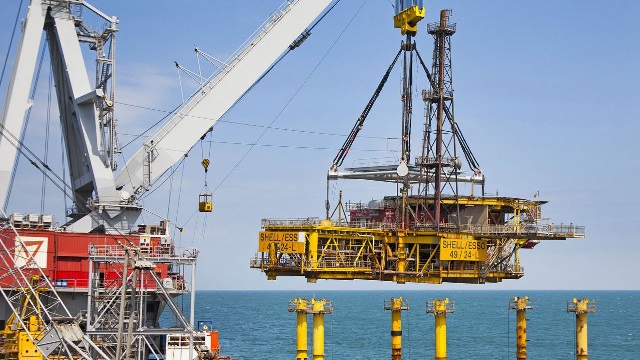Oil fell on Thursday, set for its fourth consecutive week of declines, as rising crude supply met the bearish combination of concern over global growth and weak equity markets.
Russia is pumping oil at a post-Soviet high, U.S. crude output has topped 11 million barrels a day and a Reuters survey of OPEC production shows the group more than made up for any declines in Iranian shipments in October.
Brent crude futures LCOc1 were down 52 cents at $74.52 a barrel by 1300 GMT, while U.S. futures CLc1 were down 32 cents at $64.99 a barrel.
“Given these (output) numbers, with Russia pumping hard and the United States and OPEC as well, and we are not really seeing a pickup in demand for another month … it could indicate we’re back to the good old $70-80 range that persisted through April and August,” Saxo Bank senior manager Ole Hansen said.
A Reuters survey on Wednesday showed the Organization of the Petroleum Exporting Countries (OPEC) raised oil production last month to its highest since 2016, led with gains by the United Arab Emirates and Libya.
Brent and U.S. crude posted their biggest monthly percentage decline since July 2016 in October, with Brent down 8.8 percent for the month and U.S. crude losing nearly 11 percent.
Adding to the negative impact of the OPEC output figures, the U.S. Energy Information Administration (EIA) on Wednesday reported a sixth straight week of builds in U.S. crude inventories.
Brent has declined from a 2018 high of $86.74 in early October, driven lower by growing concern over a possible slowdown in global growth as the U.S-China trade dispute heats up and hits emerging market economies in particular.
“Oil investors are now betting on the potential of a global slowdown,” said Bruce Xue, an analyst with Huatai Great Wall Capital Management.
China’s manufacturing sector in October expanded at its weakest pace in over two years, hurt by slowing domestic and external demand, in a sign of deepening cracks in the economy from the trade war with the United States.
U.S. sanctions on Iran’s energy exports come into force on Nov. 4 and it is still unclear how much the country’s roughly 3.8 mln bpd production will affected.
“Admittedly, Iranian oil production is still reported significantly too high by comparison with exports, which means that a further noticeable decline is still probable,” Commerzbank said in a note.
“It is doubtful whether Iranian oil exports will fall much further from their current level, however.”
On average this year, Iran has exported 2.24 million bpd of oil, but import data from some of its largest consumers such as China shows this total is declining.











